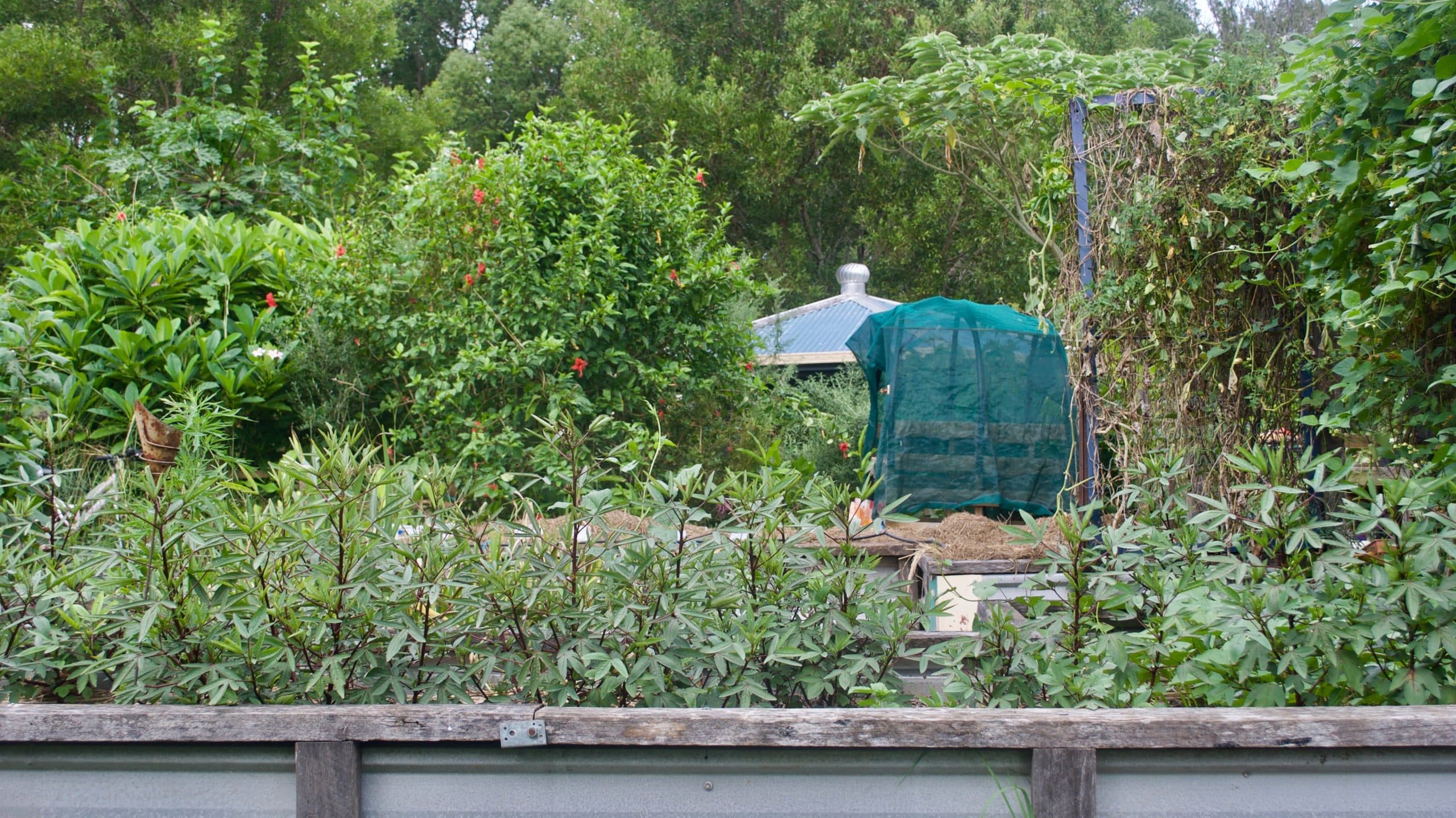In the face of rising urban populations and escalating environmental challenges, the importance of sustainable food production has never been more critical. As we navigate the complex realities of food access, waste, water management and local community involvement, it is essential to consider innovative approaches that align with these challenges. One such approach is urban permaculture, an agriculture system that uses nature’s design to create a sustainable and self-maintaining habitat. In this article, we will delve into how urban permaculture can revolutionise the UK’s food systems, addressing key aspects of health, community involvement, policy, and sustainability.
Incorporating Sustainability into Food Production
The word "permaculture" – a portmanteau of "permanent culture" – was originally coined by Australians Bill Mollison and David Holmgren. It embodies a design philosophy centred on working with, rather than against, nature. Its principles encourage diversity, resilience, and stability, key elements that can contribute significantly to the evolution of urban food systems.
En parallèle : What’s the Potential of Smart Diapers in Enhancing Infant Health Monitoring?
The application of permaculture principles in urban areas can lead to the transformation of back gardens, balconies, rooftops, communal spaces, and even derelict urban lots into productive green spaces. These spaces can yield a significant amount of local, fresh produce, thus reducing the dependence on long supply chains that are vulnerable to disruption.
It’s not just about growing food though. Integrating water management strategies such as rainwater harvesting and greywater recycling, energy production methods like solar and wind power, and waste composting techniques are all part of the urban permaculture design approach.
A découvrir également : What’s the Latest in UV-C Lighting for Disinfection in UK’s Public Spaces?
Enhancing Health and Food Access through Urban Farming
The relationship between food and health is well-documented. However, access to fresh, wholesome food is not uniform across urban landscapes. This is where urban permaculture comes in, providing an opportunity to grow nutrient-dense food right where people live.
By utilising space more effectively, urban permaculture enhances local food security and reduces food miles. In addition, it promotes healthier diets by increasing access to fresh produce and reducing reliance on processed foods. Freshly harvested fruits, vegetables, and herbs from local gardens can be a valuable source of essential nutrients, thereby contributing to improved health and well-being.
Moreover, engaging in gardening activities can have a positive impact on mental health, providing a sense of accomplishment, solace, and satisfaction. These aspects highlight the potential of urban permaculture to improve overall quality of life.
Building Community Resilience and Fostering Policy Change
Urban permaculture goes beyond the scope of individual benefits; it has the potential to foster community resilience and bring about policy changes. Community gardens, a common feature of urban permaculture, are not merely spaces for food production; they are hubs for social interaction, knowledge sharing, and community development.
Informed policies are necessary to support and encourage the spread of urban permaculture across UK’s cities. Advocacy work, alongside the presentation of evidence from case studies, can help influence policymakers to revise zoning laws, provide grants for urban farming initiatives, and acknowledge the contribution of these systems to city’s sustainability goals.
In this context, local councils and communities play a significant role. They can create opportunities for vacant spaces to be used for food production, offer training and support for aspiring urban farmers, and develop incentives for property owners to incorporate food-growing spaces into their properties.
Reducing Waste and Promoting Sustainable Use of Resources
Permaculture’s emphasis on cycles and closed-loop systems is a potent strategy against the current wasteful practices. It promotes the idea of seeing ‘waste’ not as a problem, but as a resource that can be utilised. For instance, kitchen scraps can be composted and used to enrich the soil in urban gardens. This approach not only minimises waste but also reduces the need for synthetic fertilisers, further promoting sustainability.
In addition, permaculture encourages the sustainable use of resources. Rainwater harvesting techniques can be used to collect and utilise rainwater, reducing reliance on mains water. This can be particularly beneficial in urban areas where water resources can be scarce.
In conclusion, the potential of urban permaculture to transform the UK’s food systems is vast. By promoting sustainability, enhancing health and food access, fostering community resilience and policy change, and reducing waste, this approach provides a viable solution to the challenges faced by the current food system.
Google Scholar and Pubmed Crossref: Credible Sources for Research on Urban Permaculture and Food Systems
The power of urban permaculture as a transformative and sustainable approach to the UK’s food systems is increasingly reflected in the volume of research and literature on the subject. Platforms like Google Scholar and Pubmed, which provide access to a wide range of academic articles, are excellent resources for those looking to delve deeper into the topic.
For instance, through Google Scholar, one can access a wealth of articles, case studies, and research papers on urban permaculture, its role in transforming food systems, and its implications for public health and community resilience. The articles cover various aspects, including the implementation and impact of permaculture design in different urban environments around the world, the role of community gardens in promoting local food production and food security, and the potential of urban agriculture in addressing the challenges of climate change.
Pubmed Crossref is another valuable tool for researchers and practitioners. It provides access to medical and health-related research, highlighting the link between healthy food, urban farming, and public health. The database offers numerous studies that demonstrate the positive impact of fresh, locally grown food on public health. Moreover, it showcases research that links the practice of urban farming with improved mental health, which complements the physical health benefits from consuming fresh produce.
These platforms serve as a bridge between academia and the practical world, connecting researchers, practitioners, policymakers, and the general public. They provide evidence-based insights that can inform policy changes and promote the broader application of urban permaculture as a sustainable food system strategy.
Permaculture Design: The Path to Resilient Food Environments
The design elements of permaculture can significantly contribute to the creation of resilient food environments in urban areas. By mimicking nature’s cycles and systems, permaculture enables the development of sustainable and productive city landscapes.
Instead of being mere concrete jungles, cities can be transformed into vibrant ecosystems where food production is integrated into the urban fabric. Rooftops, balconies, and even walls can be turned into productive spaces. By adopting permaculture design principles, the cityscape can be viewed as a mosaic of potential mini-farms contributing to local food production and food security.
Moreover, permaculture design encourages the maximum use of available resources, thereby reducing waste and promoting efficiency. For example, composting food waste can create nutrient-rich soil, while rainwater harvesting systems can provide a sustainable water source. These approaches demonstrate the sustainable use of resources while further enhancing food production.
In conclusion, the application of urban permaculture has the potential to fundamentally transform the UK’s food systems. From promoting sustainability and health to fostering community resilience, reducing waste, and encouraging policy change, urban permaculture presents a tangible solution to the pressing challenges of our current food system. As more cities embrace these methods, we move closer to the creation of resilient, productive, and healthy urban food environments.






